Managing Stress to Improve TMJ Health and Sleep Quality

Did you know that stress can significantly impact both your TMJ health and sleep quality? When dealing with stress, many individuals unconsciously tense their jaw muscles and clench or grind their teeth, exacerbating TMJ disorder symptoms. Furthermore, stress can lead to poor sleep quality, which may worsen issues with TMJ and sleep apnea. Therefore, learning effective stress management techniques is essential in maintaining optimal well-being.
In this article, Suburban TMJ and Sleep Center will explore various stress reduction techniques that can help improve your TMJ health and sleep quality. From mindfulness meditation and exercise to creating a calming bedtime environment, you'll gain practical insights and strategies to implement in your daily life. With guidance from the experts at Suburban TMJ and Sleep Center, take control of your stress levels and embark on a journey to better jaw health and restful sleep.
Understand the Connection Between Stress, TMJ Health, and Sleep Quality
Stress has long been recognized as a contributing factor in TMJ disorders. When stressed, individuals tend to tense their facial and jaw muscles, leading to increased pressure on the temporomandibular joint. This tension can exacerbate existing TMJ symptoms or, in some cases, contribute to the development of the disorder.
Additionally, stress can lead to poor sleep quality and negatively impact overall health. It can cause sleep disturbances, such as difficulty falling asleep or staying asleep, which can further aggravate TMJ symptoms and sleep apnea. Understanding this relationship between stress, TMJ health, and sleep quality is crucial when seeking ways to alleviate these issues.
Practice Mindfulness Meditation
Mindfulness meditation is an effective stress management technique that can provide numerous benefits for both TMJ health and sleep quality. This practice helps to bring your focus to the present moment by paying attention to your breath, thoughts, and physical sensations.
Regular mindfulness meditation practice has been shown to reduce stress, anxiety, and depression. Additionally, mindfulness meditation can be beneficial for TMJ disorders by improving awareness of facial tension and promoting relaxation of the jaw muscles. Moreover, practicing mindfulness before bedtime can create a sense of calm, aiding in sleep onset and quality.
Resources such as guided meditation apps and online programs can help you develop a consistent mindfulness meditation practice.
Engage in Regular Physical Activity
Incorporating regular physical activity into your daily routine can significantly contribute to stress reduction, improved TMJ health, and better sleep quality. Exercise has been proven to reduce stress levels by releasing endorphins, the body's natural stress-relief hormones.
Moreover, physical activity can contribute to TMJ health by promoting proper blood circulation, which provides essential nutrients to the joint and surrounding muscles. Aim for at least 30 minutes of moderate-intensity exercise per day, choosing activities that you enjoy and can easily incorporate into your daily life.
Lastly, exercise can contribute to improvements in sleep quality by increasing the duration of slow-wave sleep, the most restorative stage of the sleep cycle. However, it is important to avoid engaging in vigorous exercise close to bedtime, as this can have stimulating effects that make falling asleep more difficult.
Develop Effective Relaxation Techniques
Incorporating relaxation techniques into your daily routine can help to mitigate the effects of stress on TMJ health and sleep quality. Some effective relaxation methods include:
- Progressive muscle relaxation (PMR): PMR is a technique that involves tensing and relaxing specific muscle groups to alleviate stress and promote overall relaxation. This method can be particularly beneficial for individuals with TMJ disorders, as it increases awareness of jaw muscle tension and relaxation.
- Deep breathing exercises: Practicing deep, controlled breathing helps stimulate the body's relaxation response, reducing stress hormones and promoting a sense of calm. Try techniques such as diaphragmatic breathing or the 4-7-8 breathing method to experience these benefits.
- Aromatherapy: Essential oils, such as lavender, chamomile, and ylang-ylang, have been shown to promote relaxation and reduce stress. Consider incorporating aromatherapy into your bedtime routine by using a diffuser or applying diluted essential oils topically.
Create a Sleep-Conducive Environment and Routine
Establishing a sleep-conducive environment and bedtime routine can minimize stress levels at night and improve overall sleep quality. Some tips to help you create a relaxing and stress-free sleep environment include:
- Keep your bedroom cool, dark, and quiet to encourage relaxation and sleep onset.
- Remove distractions such as electronic devices, which emit stimulating blue light and can hinder your ability to fall asleep.
- Consider incorporating calming elements such as soft lighting, comfortable bedding, and relaxing sounds or white noise.
- Maintain a consistent bedtime routine, including practices such as reading, gentle stretching, or listening to calming music, which signal to your body that it is time to wind down and prepare for sleep.
- Prioritize good sleep hygiene by going to bed and waking up at the same time each day, even on weekends, to help regulate your body's natural sleep-wake cycle.
By incorporating effective stress management techniques, engaging in regular physical activity, developing relaxation skills, and establishing a sleep-friendly environment and routine, you can greatly improve both your TMJ health and sleep quality.
Embrace a Stress-Free Life for Better TMJ Health and Sleep
In conclusion, effective stress management plays an essential role in promoting better TMJ health and sleep quality. By incorporating mindfulness meditation, engaging in regular physical activity, developing relaxation techniques, and creating a sleep-conducive environment and routine, you can significantly reduce stress levels and alleviate TMJ symptoms and sleep issues.
Don't let stress stand in the way of your well-being. Reach out to Suburban TMJ and Sleep Center today to schedule a consultation with our skilled team. We will help you further understand the relationship between stress, TMJ health, and sleep quality, and provide the necessary guidance and support to create a personalized
TMJ joint pain treatment plan. It's time to invest in your overall health and enjoy restorative sleep and improved TMJ function. Begin your journey to a happier and healthier life today!
CONTACT INFORMATION
Phone: (630) 305-7914
Email: frontdesk@suburbantmjcenter.com
Address: 1309 Macom Drive, Suite 107
Naperville, IL 60564
CONNECT WITH US
All Rights Reserved | Website Designed By: Morningdove - Accessibility Statement











